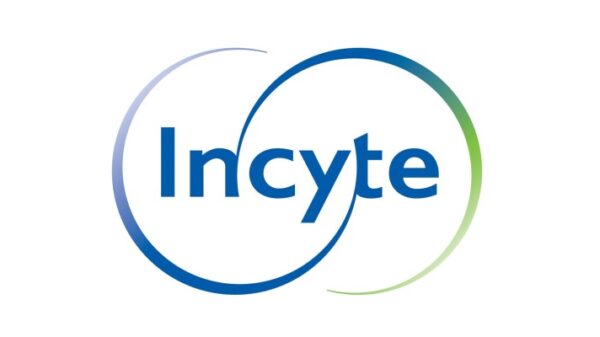URGENT UPDATE: New strategies have been unveiled today to assist patients struggling with treatment intolerance related to Tyrosine Kinase Inhibitors (TKIs). Experts emphasize that effective management hinges on robust communication between patients and healthcare providers, fostering a partnership that empowers patients to report adverse effects immediately.
Patients are now encouraged to engage in open, ongoing dialogues about their treatment experiences. This proactive approach ensures timely reporting of symptoms, such as diarrhea, which can significantly impact treatment adherence. Patients are advised to keep essential medications on hand to address these common issues swiftly, enhancing their overall comfort during treatment.
Healthcare providers stress the importance of education regarding potential adverse events. Understanding what symptoms to expect—and how to manage them—plays a critical role in prevention. By equipping patients with knowledge, they can navigate their treatment journey with greater confidence.
Key strategies include dose adjustments and routine monitoring. Not every patient needs to begin treatment at full dosage; instead, starting at a lower dose can be beneficial, particularly for elderly patients or those experiencing severe adverse effects. Frequent follow-ups are crucial for identifying issues early, ensuring that treatment remains effective while prioritizing patient well-being.
The healthcare community is increasingly recognizing the value of collaborative care. Involving the entire healthcare team allows for comprehensive support tailored to each patient’s unique needs and comorbidities. Personalized care strategies, including dose reduction and treatment de-escalation, are gaining traction, especially for patients who have achieved deep remission but continue to face intolerable side effects.
Clinicians are now encouraged to gradually lower dosages before considering therapy discontinuation. This careful monitoring helps maintain disease control while enhancing patient quality of life. The approach is particularly relevant for older patients or those with persistent adverse effects, while younger, healthier individuals may sometimes safely cease treatment more abruptly under close observation.
Authorities confirm that balancing treatment efficacy with tolerability remains a cornerstone of long-term success in managing TKI therapies. By prioritizing patient engagement and thoughtful dose management, healthcare providers can significantly improve treatment experiences and outcomes.
As this situation develops, patients and healthcare professionals alike are urged to stay informed about these new strategies and their potential impacts on treatment efficacy and quality of life. The healthcare community is committed to ensuring that patients receive the best possible support throughout their treatment journeys.








































































